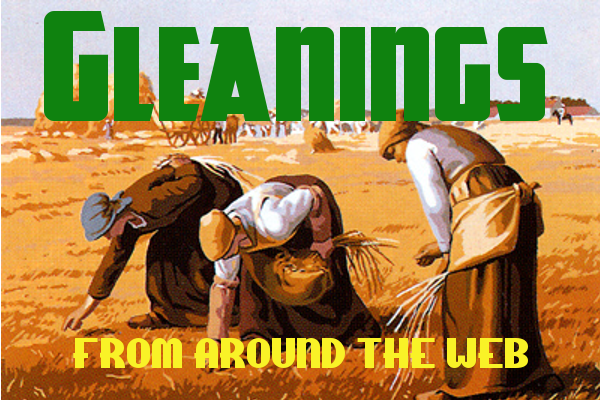This week, Yochai Gal joins us to discuss how two tech worker co-ops joined forces (and businesses) to create TechCollective, and how the process of combining the two co-ops has allowed the new business to gain from the strengths of both "parent" co-ops. Then Yochai shares his take on the direction of the USFWC, and the worker co-op movement as a whole, over the last 20 years.
Then, Kenzie Love extolls the benefits of cooperatives incorporating multiple membership classes. While combining worker, consumer, and/or producer shares in a single enterprise can lead to some unique obstacles, cooperative values and practices can allow everyone to have their needs met by the co-op, while allowing the co-op to benefit from a multitude of perspectives.
An Interview with Yochai Gal of TechCollective
by GEO Collective
"To me, that is a very poor showing. Over 20 years, really? Over 20 years, you're going to add 100 co-ops, given that the US population has itself increased by 85 million, or whatever? I think it's conclusive that the cooperative movement, as a whole, has failed. "
Diversity of Perspectives Benefits Multi-Stakeholder Co-ops
by Kenzie Love
A diversity of perspectives has also proven valuable at Winnipeg’s Fireweed Food Co-op, which has both producer and consumer classes. Peter Hill, the co-op’s sales coordinator, believes that having representation from both sides of the food system has in fact strengthened the Co-op’s functioning.
Los Volcanes Launch Party
Worker Justice Wisconsin — Los Volcanes Collective is hosting an open house on Thursday, October 10th, from 3:30 to 6:30 pm. There will be food, guest speakers, and the opportunity to explore their new space...Currently, WJW is incubating one worker cooperative, Los Volcanes, which will specialize in custom screen-printing, embroidery, and alterations. The group is made up of Latinx workers who have been working hard to get their business off the ground. We invite you to celebrate their launch with us at their new location: 8508 Fairway Drive, Middleton, WI 53562...
Co-op Ownership of Mobile Home Communities: Wednesday, October 16th, 2024
Nonprofit Quarterly — When talking about housing, detached homes and multifamily apartments get most of the attention, but more than 18 million Americans live in manufactured housing in mobile home parks—which are de facto the largest source of affordable housing in the United States. But as lot rents rise, this source of affordable housing is at risk. Fortunately, in response, there has emerged a growing movement of resident-owned cooperatives, also known as ROCs. Today, more than 22,000 families who own manufactured housing units in more than 300 mobile home parks across the United States are member-owners of these cooperatives...
Tenants Rise Up
The Baffler — Tracy Rosenthal and Leonardo Vilchis are the cofounders of the Los Angeles Tenants Union (LATU), a multilingual formation organizing across the vast sprawl of the city. Situated in multiple organizing histories, LATU organizes to build tenant power and to prefigure a housing system not built on a foundation of extractive and carceral relationships with landlords or the state...
Launch of the African Cooperatives Centre (ACC)
Pan-African Parliament (YouTube) — We are live at the Launch of the African Cooperatives Centre (ACC) taking place at the PAP Precincts...
New on our YouTube Channel
An Interview with Frida Ballard of Worker Justice Wisconsin
A Brief History of the Democracy at Work Network (feat. Jim Johnson & John McNamara)
Cooperative Project Management with Louder Than Ten
Like what you find on GEO?
Make a Donation Today!
Your tax-deductible contribution ensures that GEO can continue to provide independent grassroots content about the cooperative and solidarity economy movements.
Got something to say?
Let us know. Send your comments, suggestions, rants and article submissions to editors@geo.coop.
Follow us on Social Media
Mastodon: social.coop/@GEO_Collective
FB: facebook.com/GrassrootsEconomicOrganizing/
Twitter: twitter.com/@GEO_Collective
Our mailing address is:
Grassroots Economic Organizing
P.O. Box 115
Riverdale MD 20738-0115




